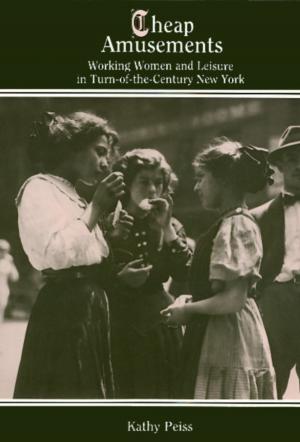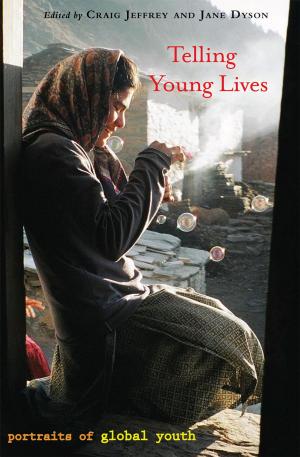| Author: | Eric Burns | ISBN: | 9781592137695 |
| Publisher: | Temple University Press | Publication: | August 26, 2004 |
| Imprint: | Temple University Press | Language: | English |
| Author: | Eric Burns |
| ISBN: | 9781592137695 |
| Publisher: | Temple University Press |
| Publication: | August 26, 2004 |
| Imprint: | Temple University Press |
| Language: | English |
"Thousands of years ago, before Christ or Buddha or Muhammad...before the Roman Empire rose or the Colossus of Rhodes fell," Eric Burns writes, "people in Asia Minor were drinking beer." So begins an account as entertaining as it is extensive, of alcohol's journey through world—and, more important, American—history. In The Spirits of America, Burns relates that drinking was "the first national pastime," and shows how it shaped American politics and culture from the earliest colonial days. He details the transformation of alcohol from virtue to vice and back again, how it was thought of as both scourge and medicine. He tells us how "the great American thirst" developed over the centuries, and how reform movements and laws (some of which, Burn s says, were "comic masterpieces of the legislator's art") sprang up to combat it. Burns brings back to life such vivid characters as Carrie Nation and other crusaders against drink. He informs us that, in the final analysis, Prohibition, the culmination of the reformers' quest, had as much to do with politics and economics and geography as it did with spirituous beverage. Filled with the famous, the infamous, and the undeservedly anonymous, The Spirits of America is a masterpiece of the historian's art. It will stand as a classic chronicle—witty, perceptive, and comprehensive—of how this country was created by and continues to be shaped by its ever-changing relationship to the cocktail shaker and the keg.
"Thousands of years ago, before Christ or Buddha or Muhammad...before the Roman Empire rose or the Colossus of Rhodes fell," Eric Burns writes, "people in Asia Minor were drinking beer." So begins an account as entertaining as it is extensive, of alcohol's journey through world—and, more important, American—history. In The Spirits of America, Burns relates that drinking was "the first national pastime," and shows how it shaped American politics and culture from the earliest colonial days. He details the transformation of alcohol from virtue to vice and back again, how it was thought of as both scourge and medicine. He tells us how "the great American thirst" developed over the centuries, and how reform movements and laws (some of which, Burn s says, were "comic masterpieces of the legislator's art") sprang up to combat it. Burns brings back to life such vivid characters as Carrie Nation and other crusaders against drink. He informs us that, in the final analysis, Prohibition, the culmination of the reformers' quest, had as much to do with politics and economics and geography as it did with spirituous beverage. Filled with the famous, the infamous, and the undeservedly anonymous, The Spirits of America is a masterpiece of the historian's art. It will stand as a classic chronicle—witty, perceptive, and comprehensive—of how this country was created by and continues to be shaped by its ever-changing relationship to the cocktail shaker and the keg.















